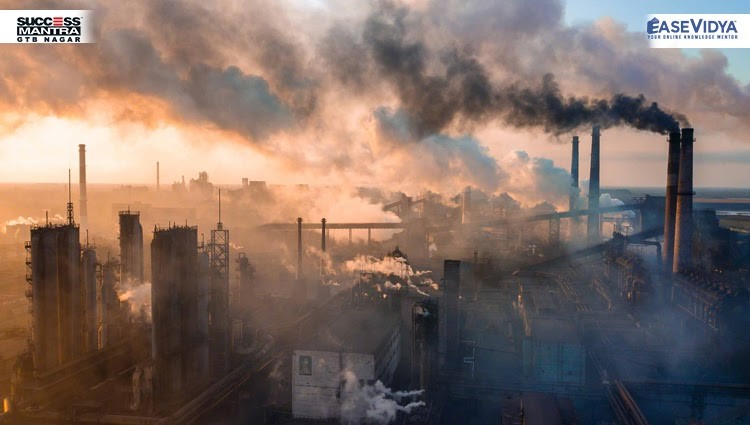
Air Pollution
For humans to survive, breathing is essential. But what’s equally important is what you and I are breathing. And you’ll be shocked to know that across the globe, nine out of 10 people are breathing unclear air, and ultimately around 7 million people die every year from diseases and infections related to air pollution.Around the world, more than 90 percent of people breathe in air that the World Health Organization considers potentially harmful.In India, Delhi, mumbai and kolkata rank among the top 10 cities with the worst air quality indices.
Causes of air pollution in Delhi
- One of the main reasons for increasing air pollution levels in Delhi is crop burning by the farmers in Punjab, Haryana and Uttar Pradesh.
- Pollution caused by the traffic menace in Delhi is another reason contributing to this air pollution and smog. The air quality index has reached ‘severe’ levels.
- As the winter season sets in, dust particles and pollutants in the air become unable to move. Due to stagnant winds, these pollutants get locked in the air and affect weather conditions, resulting in smog.
- Another reason of air-pollution is overpopulation in the capital.
- Industrial pollution and garbage dumps are also increasing air pollution and building-up smog in the air.
Consequences of Air Pollution
- Large number of deaths as India has recorded a 50% increase in the premature deaths linked to PM 2.5 and this is between 1990 and 2015
- Air quality has become a serious health issue because the pollutants enter deep inside the lungs and the lungs capacity to purify blood gets reduced which affects the person’s growth, mental ability and the working capacity especially for children, pregnant women and elderly people.
- Poor people are more vulnerable to air pollution because they are the one who spend more time on roads.
Measures to improve air quality
- Improving public transport
- Limiting the number of polluting vehicles on the road
- Introducing less polluting fuel
- Strict emission regulations
- Improved efficiency for thermal power plants and industries
- Moving from diesel generators to rooftop solar
- Increased use of clean renewable energy
- Electric vehicles
- Removing dust from roads
- Regulating construction activities
- Stopping biomass burning, etc.
- Increase public awareness
- Educate and inform people about what they can do to reduce air pollution.
- Put out public health messages on the metro, buses, billboards, and radio to help change public behaviour.
- Raise and enforce emission standards. India is still on Bharat III and IV emission standards for our vehicles and fuels.
- Improve public transportation and traffic management.
- Discourage vehicle use













0 Comment